Members directory
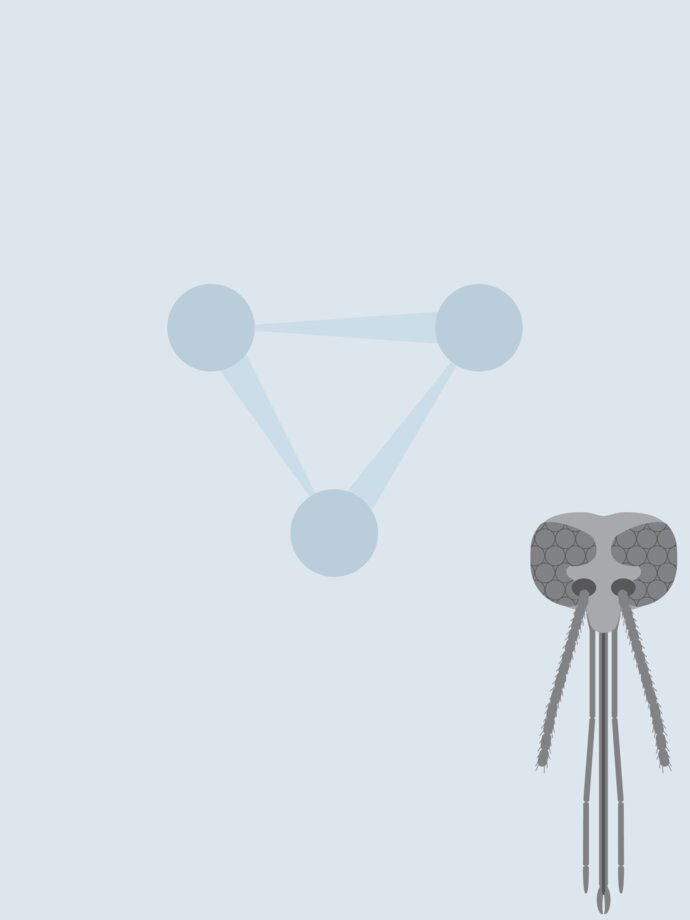
Dr
Ifeoluwa
Fagbohun
Mosquito ecology
Insecticide resistance

Miss
Tasnim
Faiez

Dr
Moussa
FALL
I am interested in Culicoides and particularly in the Afrotropical region to improve our knowledge on species of veterinary (ie specify the main species vectors and pathogens that they are likely to transmit); their distribution and abundance according to different ecosystem and livestock level. Indeed, I did my thesis work on culicoides in relation to African horse sickness in equestrian centers in the Niayes area. However, it would be interesting to reproduce this work in cattle and small ruminants farming (modern and traditional). The aim is to contribute to the fight against these insects vector-borne diseases. Several insecticide products are used against nuisance insects but little is known about their effectiveness on culicoides. Thus it will be interesting to test culicoides susceptibility on active ingredients and evaluate the effectiveness of some insecticide products against field culicoides populations.

Miss
Shyla
Faria
Vector control, disease surveillance, epidemiology, etc

Mrs
Emanuelle
Farias
In biting midges (Culicoides) studies conducted in the Brazilian Central Amazon, high diversity indices were found, with 46 species, five species new to the reticulatus group and 39 morphotypes in seven subgenera that could not be identified by classical morphology due to variations. morphological for valid species. This situation should be repeated in several areas in the Amazon, making it necessary to add other combined methods of morphological diagnosis, such as morphometric and genetic analyzes, to more accurately elucidate the diversity of Culicoides.
Correct identification of an insect of economic / epidemiological interest is a basic premise for solving any entomological problem. The taxonomy of these biting midges based on their morphological characteristics is difficult due to their small size and occurrence of cryptic and complex species and those with phenotypic plasticity, which lead to misidentifications. Accurate identification is of great importance in the surveillance of arthropod-borne diseases, as large differences in vectorial capacity are found even among nearby species. My interest is to estimate the diversity of biting midges (Culicoides and Leptoconops, Diptera: Ceratopogonidae) in different regions of the Amazon, to understand biodiversity and elucidate taxonomic limits through integrated taxonomy methods.

Professor
Heather
Ferguson
Vector ecology and behaviour
Vector surveillance and control

Dr
Wilma
Fick
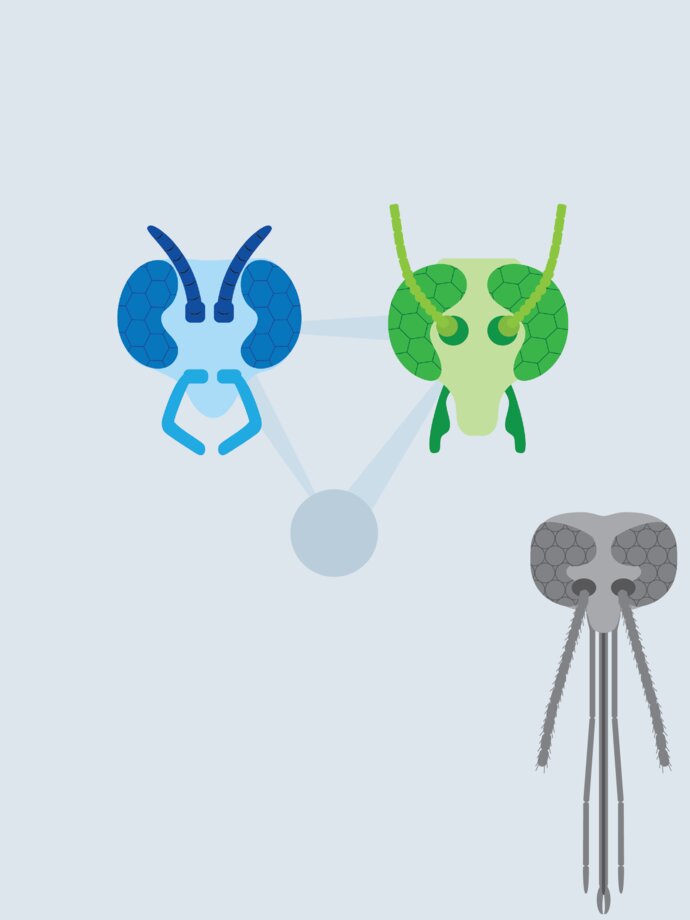
Emile
Fiesler
Biodiversity, biology, ecology, and environmental impacts, with a focus on insects & arachnids.
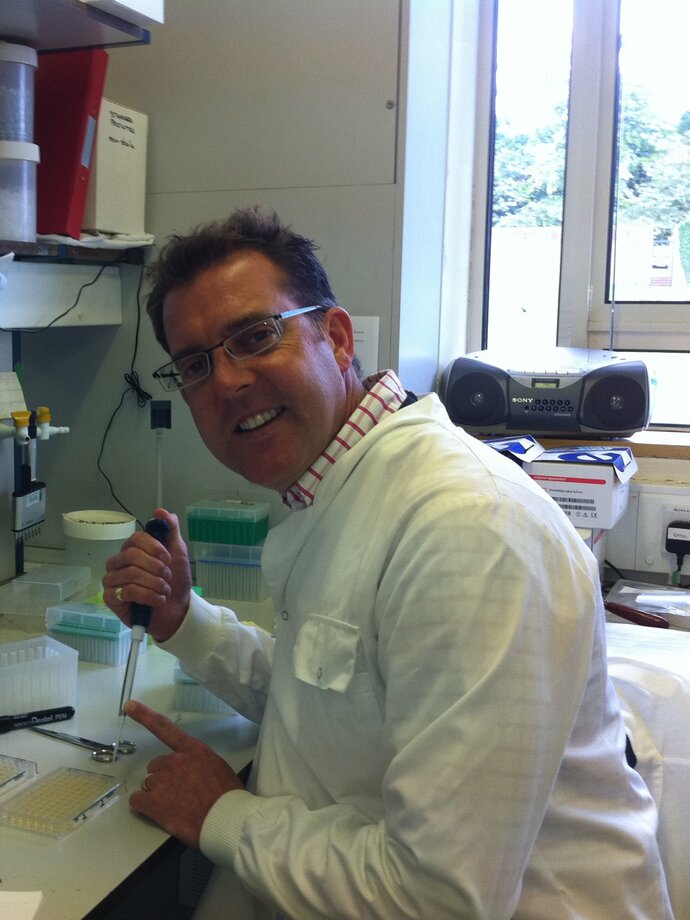
Dr
Mark
Fife
Mark Fife leads the Genetics and Genomics group at The Pirbright Institute. He is a complex-disease geneticist with extensive experience in complex trait analysis (QTL and association studies), candidate gene mapping and molecular biology techniques. He has produced over 45 peer-reviewed publications and book chapters in this area before becoming a group leader at the Institute. His work has been the focus of extensive genome-wide and haplotype analysis using web-based SNP selector software that he has implemented at Pirbright. This work has culminated in the identification and characterisation of several causal genes for important immune traits in chickens and potential vector competence genes in Culicoides Midges.
Dr. Fife has extensive expertise in coordinating multidisciplinary and multi-site projects. He is an active STEM (Science, Technology, Engineering and Mathematics) ambassador which creates opportunities to inspire young people and develop their creativity, problem-solving and employability skills for the UK's future competitiveness.
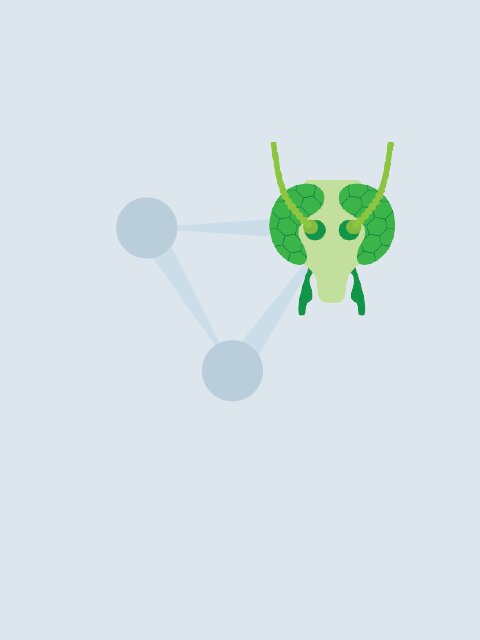
Dr
Jordi
Figuerola
Transmission dynamics of vector borne pathogens with special attention to zoonotic diseases.

Mr
Serhii
Filatov
Taxonomy
Biogeography
Vector-borne disease ecology
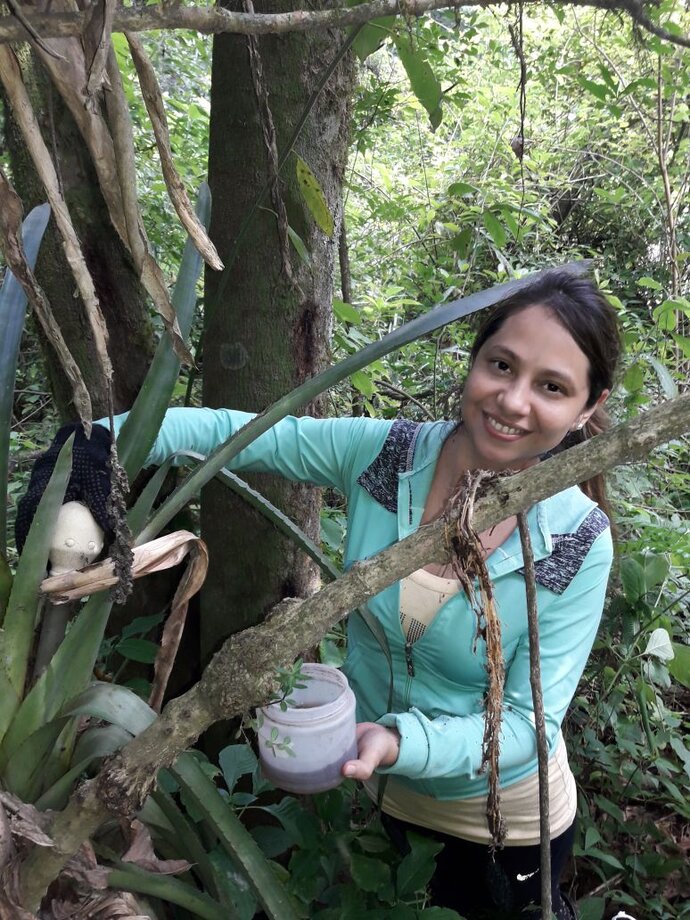
Dr
Gabriela
Flores
My research interest are the vectors of diseases that inhabit phytotelmata in the northern region in Argentina.

Miss
Sophia
Fochler

Dr
Cipriano
Foxi

Professor
Angelina
FRAGA
Culicoides and it's relationship with Bluetong

Mr
NKEMNGO
FRANCIS NONGLEY
Research interest is on application of molecular biology tools and immunological techniques in the study of vector biology for possible control and elimination.